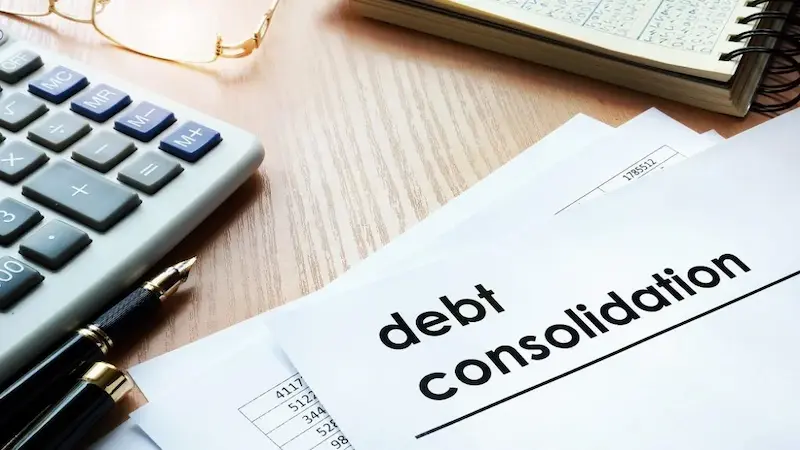Debt consolidation loans promise a simplified financial life by combining multiple debts into a single payment. But are they right for you?

Understanding Debt Consolidation Loans
Debt consolidation loans work by allowing you to take out a new loan to pay off several high-interest debts like credit card balances, personal loans, or medical bills. By consolidating, you typically end up with one monthly payment instead of multiple ones, which can make managing your finances easier. More importantly, these loans may come with a lower interest rate, helping to reduce the overall amount you'll pay in interest.
Pros of Debt Consolidation Loans
Simplified Payments: Managing one payment per month is certainly easier than juggling several. You’re less likely to miss a payment, which can help improve your credit score.Lower Interest Rates: A lower interest rate means that you’re paying more toward your principal and less on interest, potentially saving you money over time.Fixed Repayment Schedule: Knowing exactly when you’ll be out of debt can be quite liberating. With fixed payments, a debt consolidation loan offers a clear finish line.Possible Positive Credit Impact: Over time, as you make on-time payments toward your loan, you could see improvements in your credit score although initially, it might dip when you first take out the new loan.
Cons of Debt Consolidation Loans
Upfront Costs: Some debt consolidation loans have fees such as origination fees. These additional costs can add up and should be factored in when considering the total value of a consolidation loan.Potentially Higher Rates: Depending on your creditworthiness, the interest rate on a debt consolidation loan may not be that much lower than your existing debts, reducing the effectiveness of consolidation.Risk of Problem Recurrence: Consolidation treats a symptom (debt) rather than the underlying issue (spending behavior). Without a change in financial habits, there’s a risk you could end up in more debt.Secured vs. Unsecured Loans: Some debt consolidation loans could require collateral, putting assets like your home at risk if you're not able to pay back the loan.
Weighing Your Options
Before diving into debt consolidation, take a close look at your current financial situation. Here are some steps to consider:
- Assess your debts and interest rates: Write down all of your current debts and their interest rates. It will help you figure out whether consolidation could save you money.
- Check your credit score: This determines what interest rate you're likely to get on a consolidation loan. The higher your credit score, the better the rate you could qualify for.
- Explore loan options: Gather information from various lenders about the loan terms, rates, and fees. Some credit unions offer competitive rates for members.
- Calculating savings and costs: Assess the total cost of repaying your current debts versus the terms of the consolidation loan, including any fees.
Helpful Tips for Successful Debt Consolidation
Focus on Financial Behavior: Make a budget that includes the debt consolidation loan payments and gives you room to save for emergencies.Compare Lenders: Look for reputable lenders with fair interest rates and terms. Don't just accept the first offer you get; shop around.Avail Credit Counseling: Consider speaking with a credit counselor to ensure that debt consolidation is the top move for your situation and explore other potential debt management strategies.Read the Fine Print: Ec pt ot Sidebar: Attention to payment dates, additional fees, penalties, and whether the interest rate is fixed or variable.Don’t Rack Up More Debt: It can be tempting to use freshly paid-off credit cards or take out new loans. Resist that temptation or you'll compound your financial woes.Attack the Loan Proactively: Don't treat your new consolidated payment as just another minimum payment—pay more than required when you can to get rid of that debt faster.
When to Avoid Debt Consolidation
If your debt ordeal is temporary and can be resolved within a few months or a year, then consolidation may not be worth it, especially with the associated fees and potential impact on your credit score. It’s also ill-advised if there are deeper financial behavior issues, as what once was unsecured debt like credit card balances can sometimes get converted to secured obligations if a consolidation loan is requiring collateral such as your home or car.









